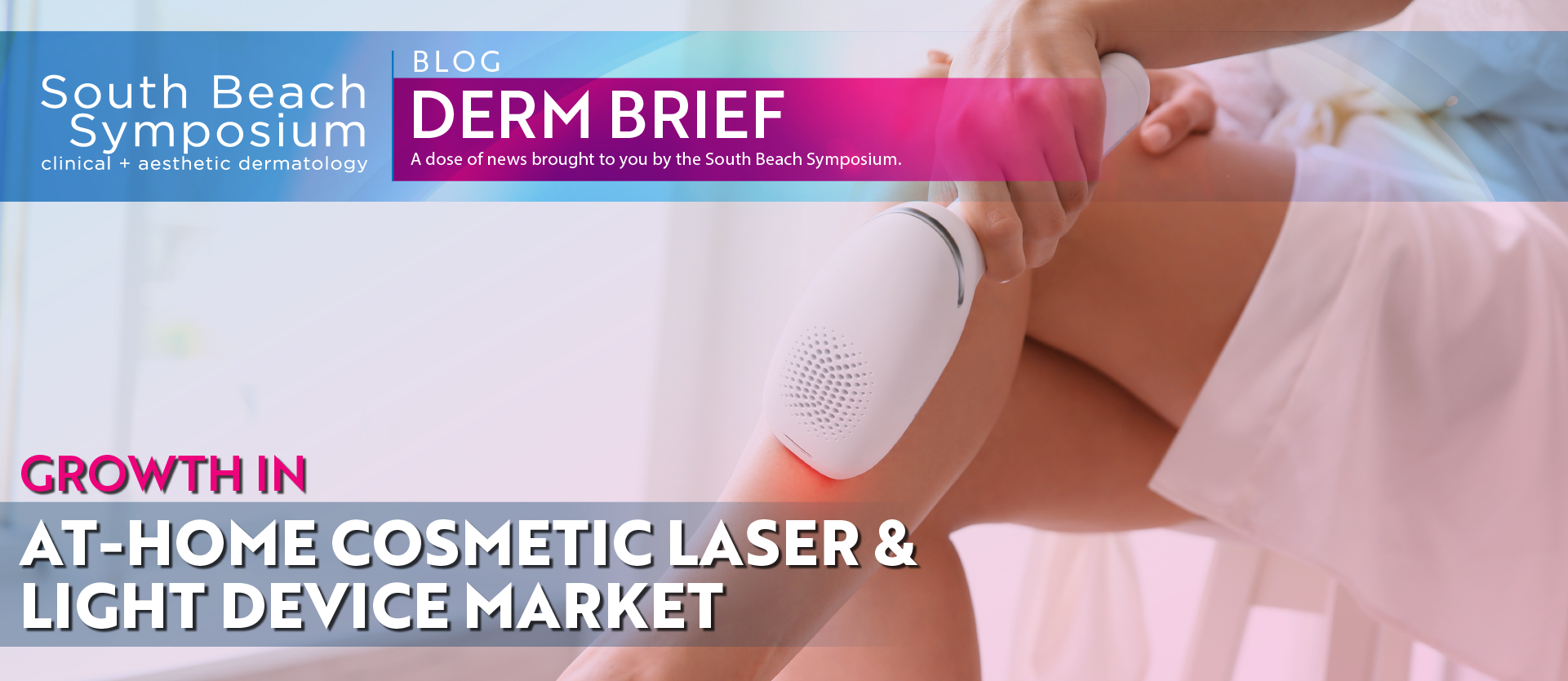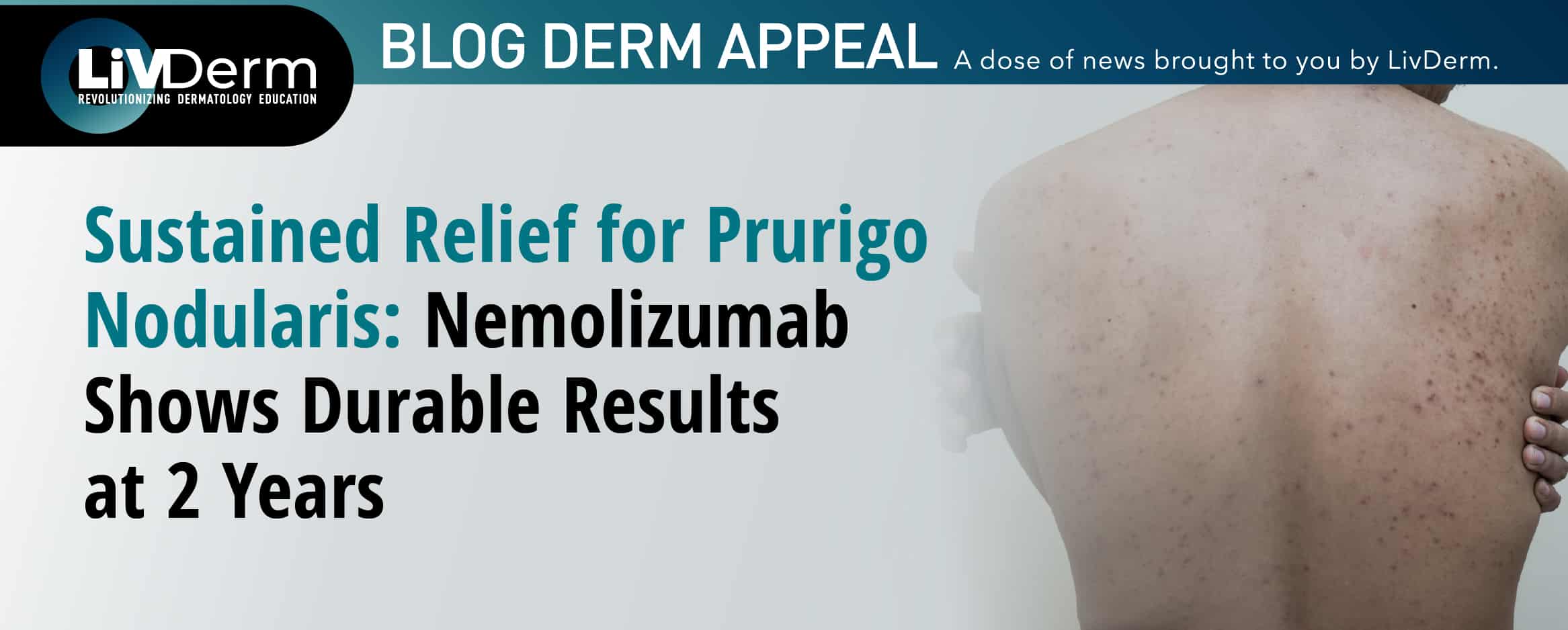Over-the-counter cosmetic laser and light devices have surged in popularity marketed as therapies for skin concerns ranging from acne and hyperpigmentation to unwanted body hair. Neutrogena’s light mask utilizes blue and red light to help treat acne, the Skin Clinical Reverse Anti-Aging handheld device uses light-emitting diodes to reduce fine lines, and popular Nuface devices stimulate skin to remove wrinkling using microcurrents. Drawn in by convenience and availability, consumers are increasingly purchasing these devices or seeking advice from dermatologists regarding their safety and efficacy.
“Going to an actual clinic can be less than convenient as well as expensive,” Dr. Tyler Hollmig, director of Laser and Aesthetic Dermatology at Stanford Health Care, told CNET in an interview “At-home devices are relatively inexpensive and promise similar results as those used by dermatologists.” However, as the growth in the at-home cosmetic laser and light devices is new, the body of research supporting such products is gradually expanding. Current research suggests that home-use laser and light devices may have modest results although, randomized, double-blind controlled trial data is lacking.
In a comprehensive review of available literature on home-use hand-held cosmetic devices for various dermatologic conditions, researchers from Boston University determined the safety and efficacy of these products for the treatment of acne, photo-aging, scarring, psoriasis, hair removal, and hair regrowth. Aiming to help educate dermatologists about commercially available products their patients may inquire about or be using, the team conducted a thorough investigation of FDA-approved laser or light hand-held devices currently available for public use.
Do At-Home Dermatological Devices Work?
Researchers found that of the various at-home products available those based on intense pulsed light and light-emitting diode technology were the most well-researched and documented. Although current data reveals modest results with home-use of such products, most trials have been based on small sample sizes with short-term follow-up periods and thus, do not provide an accurate representation of efficacy. There is a lack of randomized, double-blind controlled study data, researchers add citing the need for more large-scale trials with a longer follow-up term to fully determine the achievable results of at-home laser and light devices. While small uncontrolled studies implicate some positive impact on skin health or appearance with the use of these devices, these trials are industry-sponsored and conducted in a single setting.
Current data is inconclusive, however, machines designated for at-home use typically lack the power and capabilities of devices used in a clinical setting. The technology used at a dermatological practice cannot be replicated by a hand-held laser or light device for commercial use and as such, cannot replicate clinical results. While some devices may use similar intense pulsed light or light-emitting diode technology, they do so without the targeted accuracy and intensity of a professional-grade product. The limited capabilities of at-home machines reduce patient risk, making them a relatively safe personal treatment option – albeit a less effective one.
At-Home Laser and Light Device Safety
When considering or using at-home cosmetic laser or light devices, patients should maintain caution and be advised of the safety and efficacy concerns. Unlike medication, these products are often less rigorously regulated. “Many laser devices are dangerous to the eyes [and] can even cause blindness, as well as the skin, potentially causing burns and scars,” Dr. Hollmig told CNET.
If used incorrectly or without caution, at-home light and laser devices may cause redness, swelling, irritation, unwanted pigment changes, and other undesirable side effects. Although side effects are rare due to the low-level intensity of these products, all patients – and especially individuals with darker skin at a higher risk for adverse effects – should be advised to approach at-home cosmetic devices with care.
While the at-home cosmetic device market continues to grow, an increasing amount of patients may be inclined to inquire about the use of or purchase such products for personal treatment. With the scarcity of unbiased, medically relevant clinical data in mind, practitioners should be wary of recommending at-home laser and light devices, ensuring patient awareness of the safety and efficacy concerns involved, as well as managing their expectations regarding possible dermatological outcomes.
















